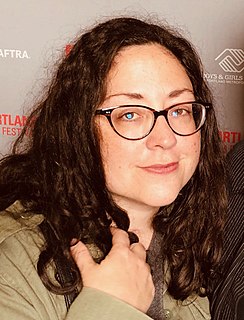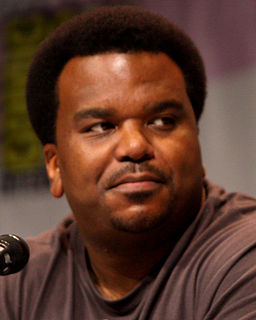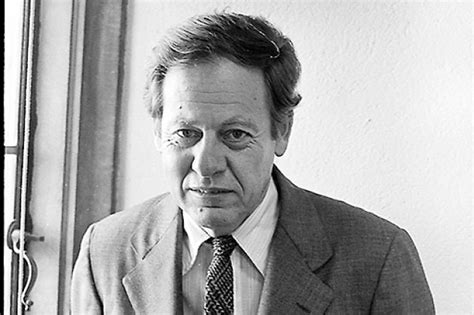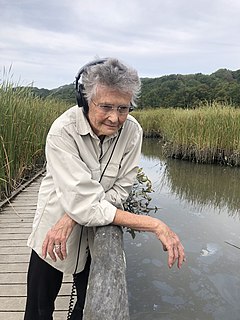A Quote by Leni Zumas
When I watch students make particular decisions about language, structure, and form, it sharpens my own thinking and my own development as a writer.
Related Quotes
In my experience, writing a novel tends to create its own structure, its own demands, its own language, its own ending. So for much of the period in which I'm writing, I'm waiting to understand what's going to happen next, and how and where it's going to happen. In some cases, fairly early in the process, I do know how a book will end. But most of the time, not at all, and in this particular case, many questions are still unanswered, even though I've been working for months.
We have to help decision makers realize that women's reproductive health rights are civil rights and that women need to be free to make the same decisions that men are free to make with regard to health care and whether and when to have a family. It's going to be increasingly important for women to speak up not only about being able to make our own decisions, but also about the importance of being trusted to make our own decisions.
I deal with students every day - from China, Germany, the United States, Hong Kong and Taiwan. And I've noticed that the Chinese students are the least trained in having a sense of aesthetics. They lack any ability to sense what is beautiful or what is proper. They can be learned and skillful, but they lack the ability to make their own free judgment. It is really sad to see young adults of 20, 25 years who were never taught to make their own decisions. People who can't do that don't get a sense of responsibility. And if you lack a sense of responsibility, you push the blame onto the system.
Now, as a reader, you shouldn't feel the decisions the writer makes about this DNA, or it would be boring beyond belief. But, as a writer, you're struggling to make these decisions. What should the title be? What's the first line? The point of view? And the struggle with the decisions is because you're trying to figure out WHAT IS THE NOVEL, WHAT IS THE NOVEL?
One way to think about what psychedelics are is as catalysts for language development. They literally force the evolution of language. You cannot evolve faster than your language because the language defines the culture of meaning. So if there's a way to accelerate the evolution of language then this is real consciousness expansion and it's a permanent thing. The great legacies of the 60's are in attitudes and language. It boils down to doing your own thing, feeling the vibe, ego-trip, blowing your mind.





































